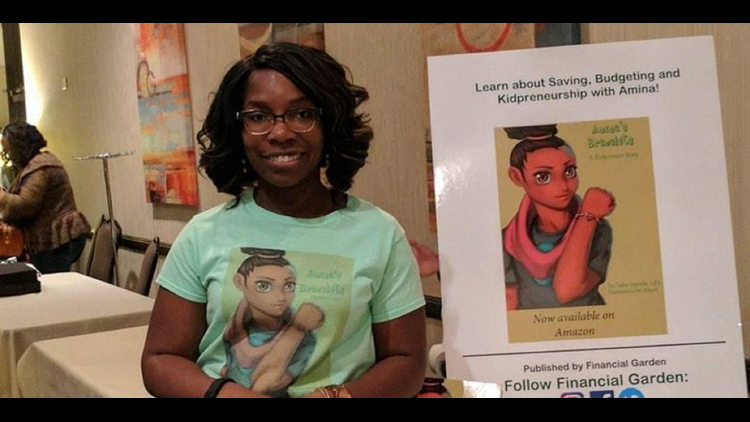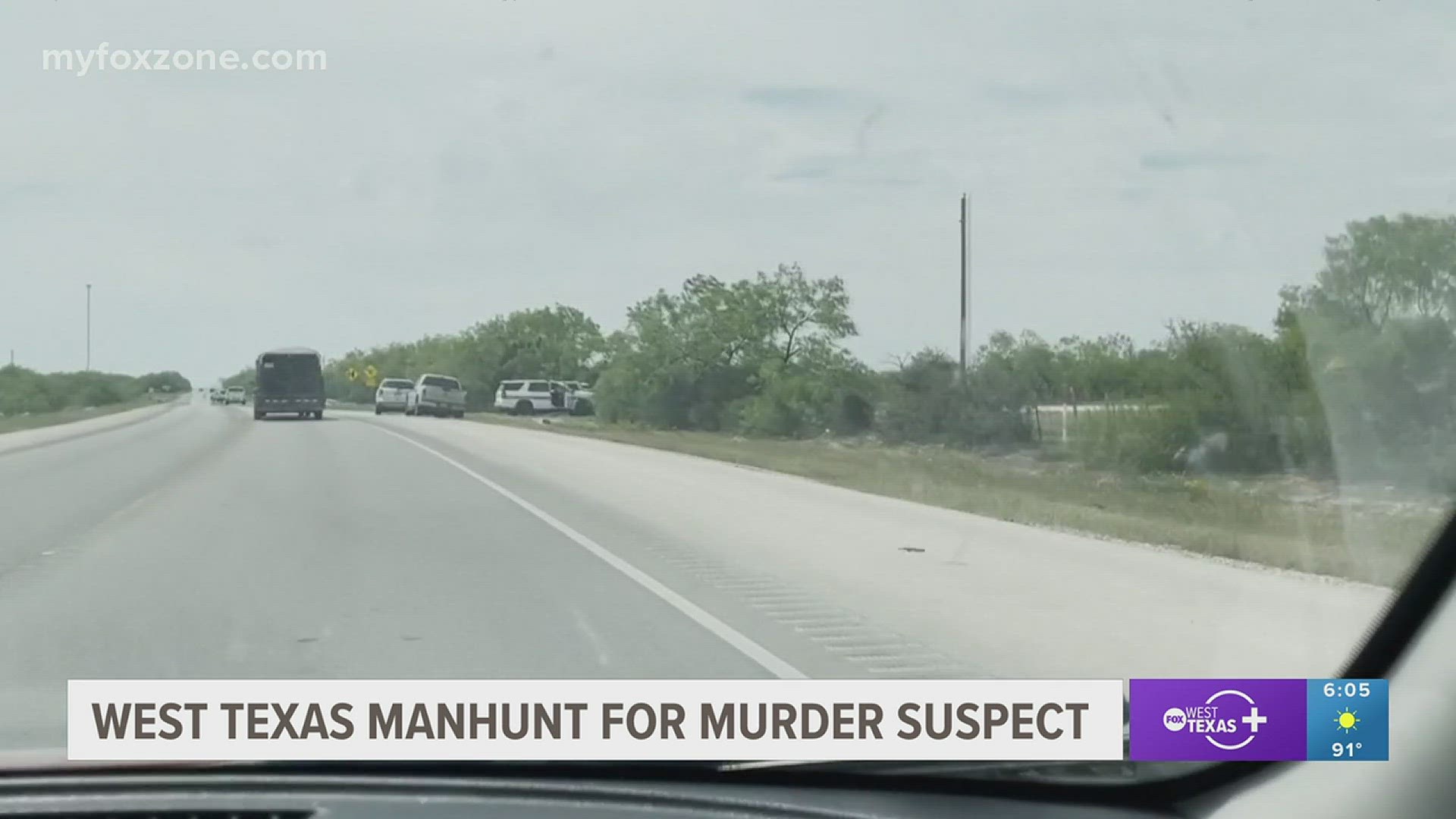After wrapping up college in 2008, Tasha Danielle was like most new grads - feeling overwhelmed by debt. With $57,000 in student loans and another $4,000 in credit card bills, her entry-level salary at an accounting firm didn't get her very far. Before long, she found herself on the hook for almost $80,000 in total debt.
It wasn't easy, but Tasha managed to get all her balances down to zero by the time she turned 30. Here's how she did it.
Digging a $80,000 hole didn't happen overnight
"I knew going into college that I'd have to take out loans, but the plan was always to pay it all off as soon as possible," Tasha tells MagnifyMoney.
Her initial $47,000 student loan balance wasn't a shock (education doesn't come cheap), but her original plan of attack was to move back home after graduation to wipe it out as fast as she could - especially since she also had to take out an extra $8,000 private loan to pay for the additional classes she needed for her CPA exam.
Tasha landed a job as an auditor at a Detroit accounting firm earning a $50,000 salary, but her debt repayment plan changed when she got engaged in 2009 and moved in with her fiancé. Between paying new bills and planning a wedding, sticking to her original debt-free timeline began feeling tough.
She spent the next few years covering all her minimum payments, but ended up taking on another $17,000 when she financed a used car. By the time Tasha turned 25, her debt balances had ballooned to $78,000.
"The worst part [of being in so much debt] was that it wasn't like I was living lavishly or going on shopping sprees and vacations," she says.
At the time, she was shelling out $629 every month in minimum debt payments. It was her decision to end her engagement in 2011 that lit a fire under her to make a change. The situation created a financial emergency; she had to come up with $2,000 on a moment's notice to cover their rent payments on her own. Tasha took out a cash advance on a credit card to get over the hump, which fixed her immediate problem but created a new one: she had effectively cancelled out any progress she'd made on her debt.
Tasha's "aha!" moment came soon after, when she heard personal finance expert Michelle Singletary give a talk at her church.
"She posed a single question that changed my life: What if you were able to actually own your paycheck?"
That was the game changer.
How she dug herself out
Tasha dove head first into financial freedom blogs and podcasts, arming herself with as much knowledge as she could find. Prior to all this, she'd been throwing any additional monthly income she had toward her debts with the highest interest rates. But this approach hadn't gotten her very far, and she was feeling less than inspired.
Tasha switched it up in 2012, opting for what's known as the debt snowball method. In this system, you prioritize your smallest balance first; once you eliminate it, you take whatever money you were spending there and redirect it toward your next smallest balance until they're all paid off.
Knocking out her balances so quickly gave Tasha the boost of momentum she needed to soldier on, especially when she saw her already-good credit score going higher and higher. (Keeping her payment history solid throughout her journey helped keep her score intact.)
Tasha also upped her income by working overtime whenever her company offered it - weekends, holidays, you name it. To accelerate her efforts even more, she curbed her overspending by adopting a cash system for discretionary spending.
"I used my checking account to cover fixed bills like my cell phone and internet, but went with an old-fashioned, cash-in-an-envelope system for groceries, gas and weekend money," she says. For the latter, Tasha allotted herself just $25 per paycheck for going out with friends.
Staying on budget was a challenge, but she made it work with the help of some clever hacks. For instance, she'd bring extra food to work with her on days she knew she was going out afterward; this way, she wouldn't be tempted to order bar fare. Similarly, she'd order budget-friendly drinks or simply find free things to do around town instead.
"My circle of friends changed a little; not all my friends were supportive of what I was doing," she recalls. "But my real friends understood, and we just got creative about how we spent time together. Cooking dinner at home with friends is just as fun as going out to an expensive restaurant."
Tasha began making serious headway, knocking out her balances faster than ever before. And to really supercharge her motivation, she rewarded herself every time she eliminated one. After knocking out one $3,000 balance, she celebrated with a budget-friendly trip to Florida that she funded without credit cards. For Tasha, "all work and no play" is no way to live.
"You have to allow yourself to indulge in reasonable treats that don't break the bank - otherwise, you'll go crazy!"
Crossing the debt-free finish line
In 2014, Tasha's journey inspired her to launch Financial Garden, a program that brings financial literacy to public schools. This passion project has since become her life's work. Two years later, she paid off her final balance. It was surreal, she recalls, but well worth it.
The first thing she did was take her mom to Mexico before jetting off for a solo trip to South Africa - all of which she paid for without the help of a credit card.
"I actually get to keep my paycheck now, instead of handing it over to creditors every month," she says.
She has also dipped her toes into real estate investing, recently buying her first rental property as a source of passive income. For Tasha, breaking free from debt is what jump-started her financial freedom.
MORE FROM MAGNIFYMONEY
MagnifyMoney is a price comparison and financial education website, founded by former bankers who use their knowledge of how the system works to help you save money.



